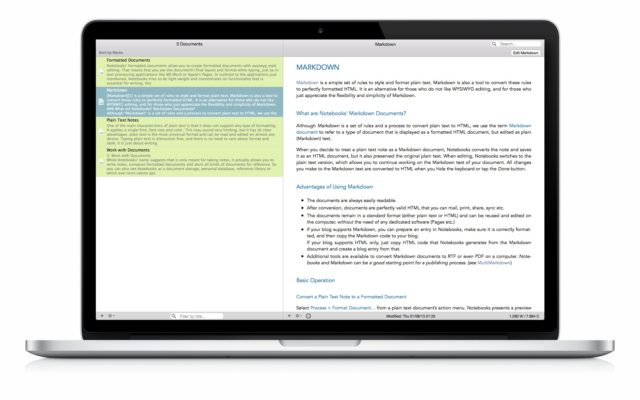Napoli M Tools For Mindful Living Practicing The 4 Step Mac Guide Pdf
Tools for Mindful Living: Practicing the 4 Step Mac Guide - eBook it was ok 2.00 avg rating — 1 rating.
The Other Format of the Tools for Mindful Living: Practicing the 4 Step MAC Guide by Maria Napoli at Barnes & Noble. FREE Shipping on $25.0 or more! Tools For Mindful Living. Maria Napoli. Tools for Mindful Living: Practicing the 4 Step MAC Guide. Problem Based Learning and Mindful Self-Reflection.

By understanding we are part of the ecosphere rather than apart from it, David hopes humanity can wake up enough to become a collective bodhisattva of the biosphere. This is part two of a two part series. How to set up a hard drive for backup on macbook pro. Listen to part one: The Cosmos Wakes Up. Episode Links: www.davidloy.org PLANETARY ( ) The Universe Story ( ) 7/28/2015 Free 65. Explicit The Cosmos Wakes Up David Loy is a professor, writer, and Zen teacher in the Sanbo Kyodan tradition of Japanese Zen Buddhism. He lectures nationally and internationally on various topics, focusing primarily on the encounter between Buddhism and modernity: what each can learn from the other.
This is Part 1 of a 2 part series. Episode Links: Oxford Mindfulness Center ( ) Hokai Sobol 21st Century Dharma ( ) Sutta Nipata ( ) Ariyapariyesana Sutta ( ) 7/25/2015 Free 145. Explicit Is Super Mario a Buddhist? Jane McGonigal is an author and game designer who wants to change the world through gaming. In this second part of a presentation recorded during the 2011 Buddhist Geeks Conference, she shares the details about games where people are going into the world and using gamer virtues for real life good. From better community organizing, to solutions for regional famine, to possible treatments for cancer, McGonigal and her gamers are changing the world one epic win at a time. She concludes the presentation by inviting to the stage her twin sister Kelly McGonigal.
Don’t forget to use #4mind4body in your post! Day 21 Are you ready for another #MindfulMonday?  That people who practice mindfulness regularly experience benefits like reduced rumination (repeated thoughts about distress or problems without finding solutions), reduced stress levels, boosted working memory, increased focus, less emotional reactivity and more relationship satisfaction.
That people who practice mindfulness regularly experience benefits like reduced rumination (repeated thoughts about distress or problems without finding solutions), reduced stress levels, boosted working memory, increased focus, less emotional reactivity and more relationship satisfaction.
While it’s tempting to load up on coffee and soda during the workday to stay alert (errcaffeinated), research shows that even mild dehydration can cause fatigue, difficulty concentrating, and mood changes, as well as physical effects like thirst, decreased or dark urine, dry skin, headache, dizziness and/or constipation. Furthermore, too much caffeine can trigger symptoms of anxiety. That’s why today’s challenge is to drink a gallon of water throughout the workday (don’t chug it all at once – it can be dangerous). We want to see your empty cups or water bottles (don’t forget to recycle)! Post with #4mind4body. Need a sweet cup for your water?
It's a pleasure to see how my students explore their experiences with the 'Mindful Awareness Reflection Journals' offered at the end of each chapter. It really, really works!” - Faith Boninger, Ph.D. Convert url to mp4 for mac. Research Associate, University of Colorado, Boulder 'The Mindful MAC Model has opened the door of my mind to happiness. As someone who has struggled for years with anxiety and difficulty managing my emotions, utilizing the MAC Model allows me to process my thoughts and emotions while accepting them as part of my unique and worthwhile human experience.” - Sarah Saucedo, Sociology Student ”I have seen my students benefit first hand from the MAC Guide in Tools for Mindful Living as they utilize the guide to become responsive versus reactive to the many stressors such as balancing school, work, family and friends. Every semester students tell me how they had nearly dropped out but realized through the lessons in Tools and their utilization of the MAC Guide that they now know how to positively respond, no longer looking at stress as an enemy but as a part of life that can be managed.” - Jamie Valderrama, MA, Faculty, Arizona State University, Tempe.